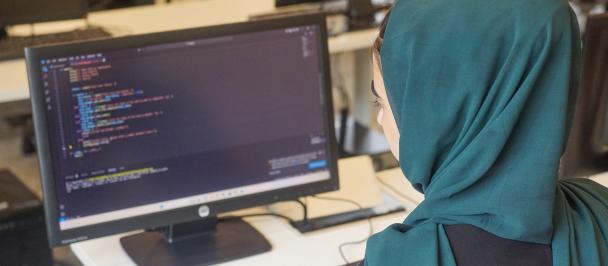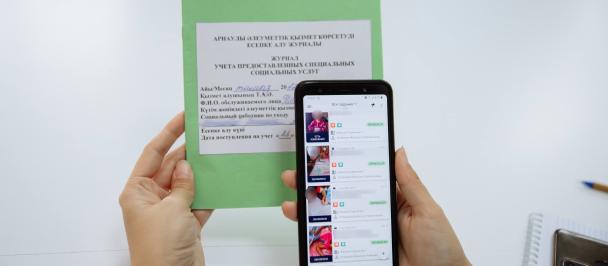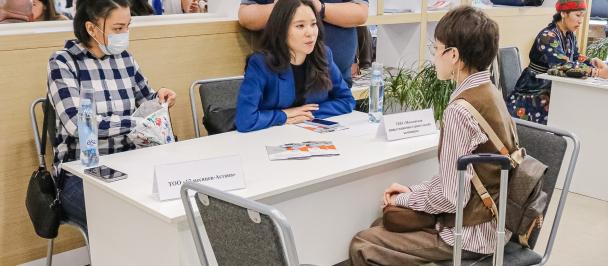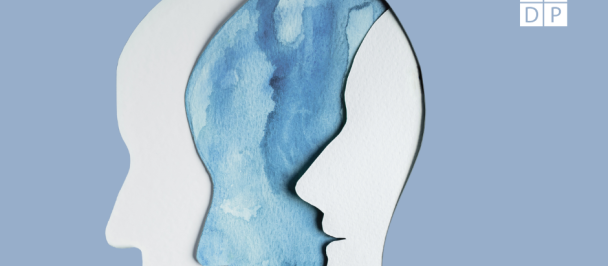One-stop shop window – problem solver for people in difficult life situations
February 15, 2022
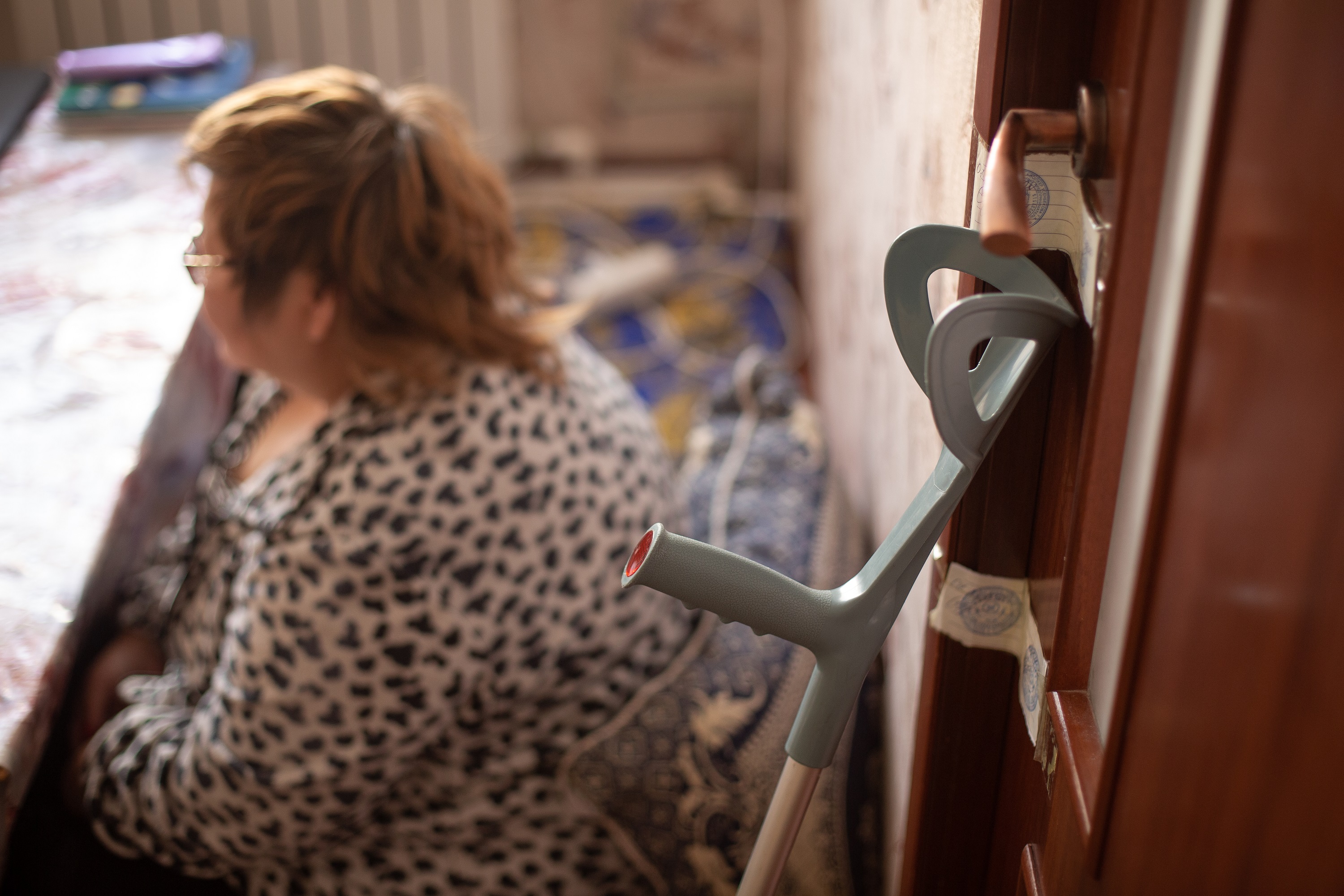
Every year in Kazakhstan about 122,000 people receive special social services. These services are mainly used by families in difficult life situations. The law establishes 12 grounds for recognizing a family in such a situation, including violation of body functions, inability to self-service due to advanced age, due to an illness or disability; cruel treatment; homelessness; orphanhood; lack of parental care; and neglect.
Depending on their needs, families have to apply to different government institutions for various issues – to receive documents or benefits, targeted social assistance, to find a job or place their children in a school or kindergarten, to apply for disability, and so on. Very often, much time and effort is expended until individuals can confirm the right to receive a particular service or social assistance. Legal illiteracy, psychological problems and local bureaucracy means families often cannot resolve a difficult life situation on their own.

In 2018, the Ministry of Labour and Social Protection of the Population, with the support of the United Nations Development Programme (UNDP) in Kazakhstan, initiated the implementation of a pilot project to introduce an integrated model for the provision of social assistance and services. This model applies the most effective mechanisms for comprehensive support of families in difficult life situations. These mechanisms have proven successful in international and national practice.
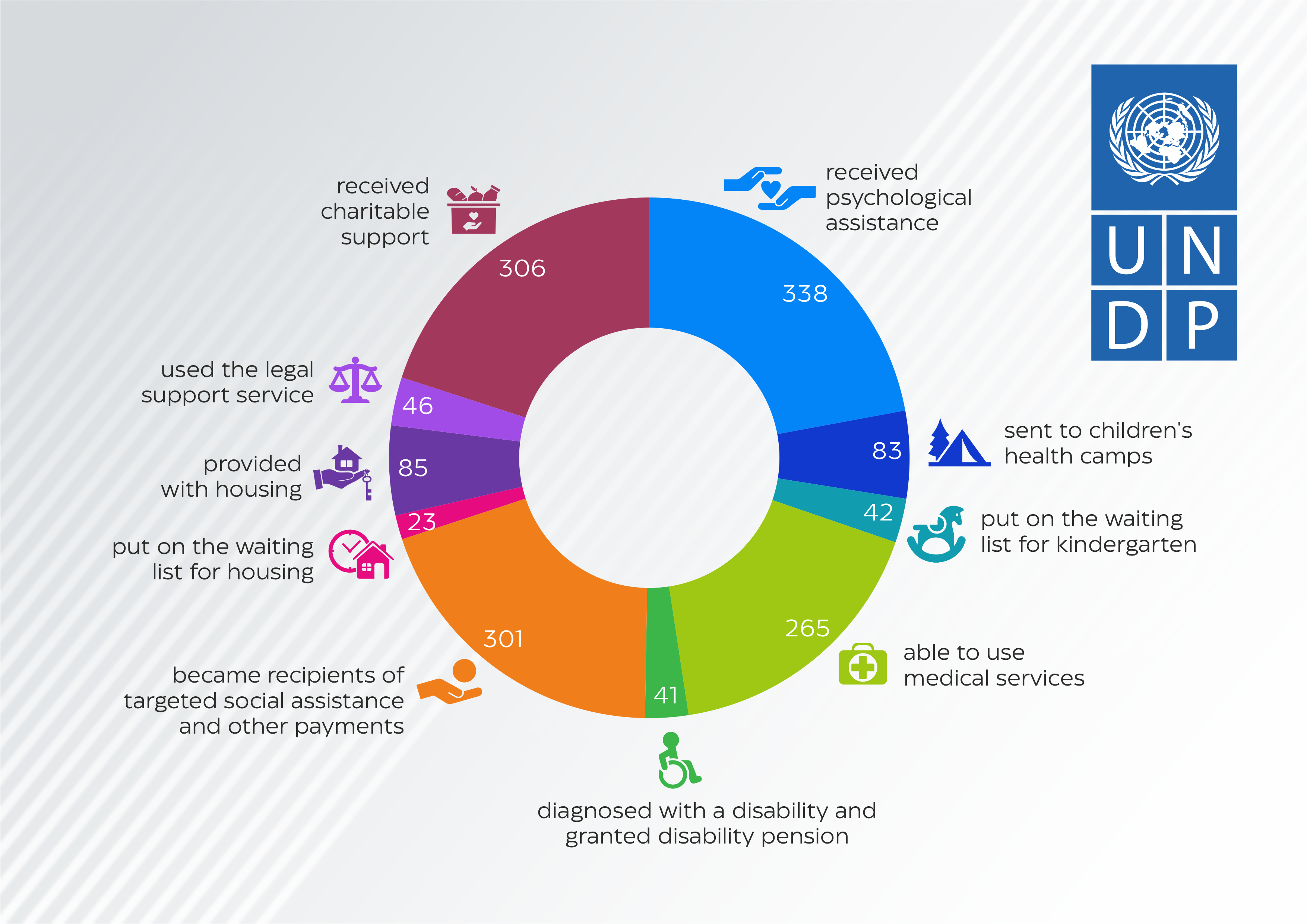
Iskander Temirtaev, 40, with five children, is one of the beneficiaries of the project. A salary of Tenge 50,000 and a wife's allowance for having many children is not enough for the family to meet even the most basic needs. For a long time, Iskander and his family lived in difficult conditions at one of the industrial bases in the city of Taraz. After he was asked to vacate the premises, he and his family were left without a roof over their heads. The interdepartmental team, through a petition in the city Akimat, helped Iskander first find housing in a hostel, and then a three-room apartment in one of the city microdistricts.
“Most of all, we needed our own housing. This is perhaps the most pressing issue for many needy families. We are very grateful to the interdepartmental commission for resolving the housing problem. But this is not the only help we have received. Our children were given bunk beds and laptops for their study needs. During the pandemic, we constantly received masks, antiseptics and gloves.”Iskander Temirtaev
There are three basic components in the integrated model for providing social assistance and services – integration, social support of the family in finding their way out of a difficult life situation and prevention.
The model is based on the "one-stop shop window" principle when multiple departmental services are provided simultaneously in one place.
As soon as a family with a difficult life situation is identified, an interdepartmental team, specialists from four main areas – housing and communal services, education, healthcare, law enforcement and social protection – consult with the family. Depending on the situation, specialists from other areas are added – housing and communal services, justice/migration and domestic policy.
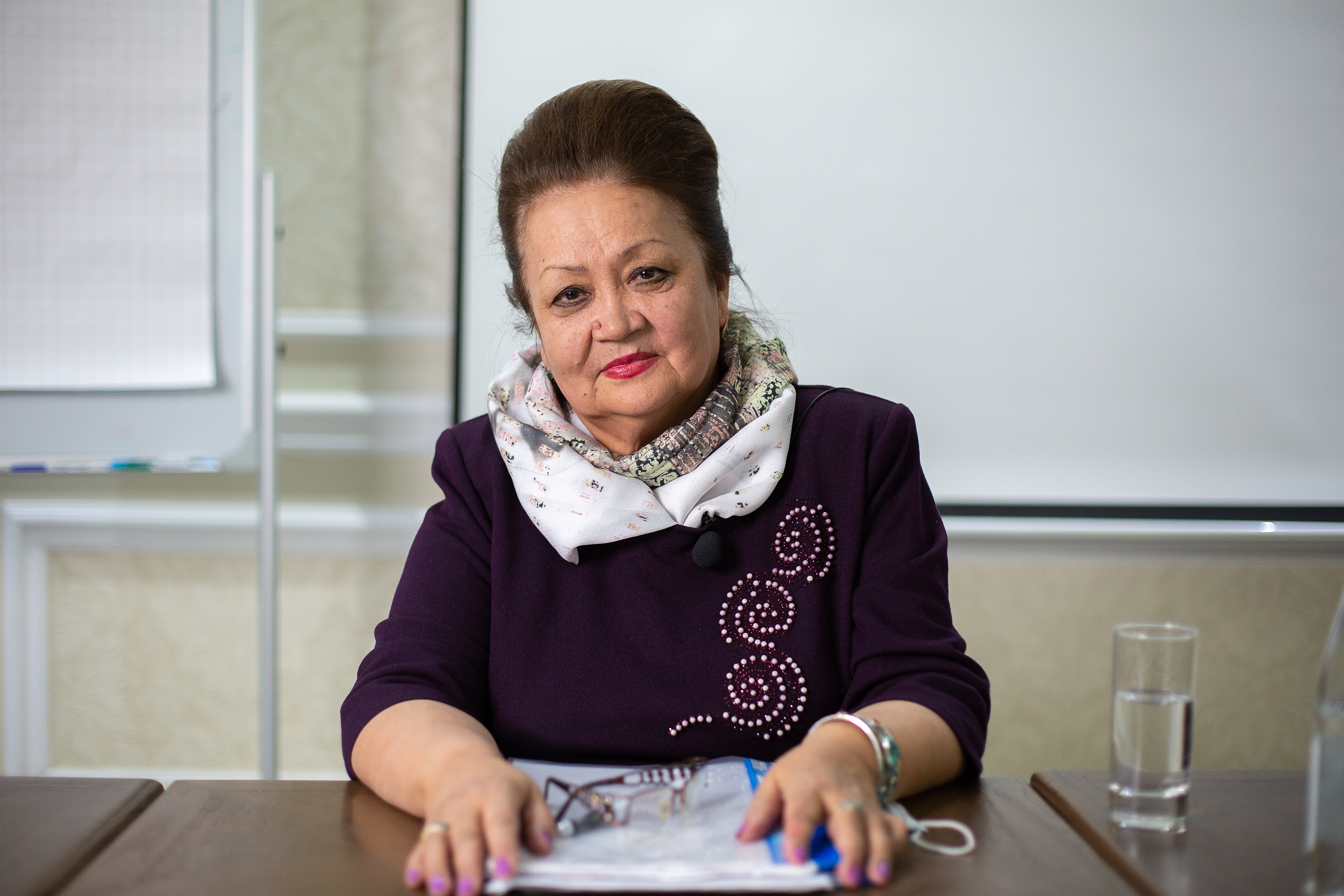
Zhandossova Bayan, UNDP Integrated Model Coordinator
The task of the team is to identify and meet the needs of the family in social assistance, educational, medical and other social services. An important principle of teamwork is continuity in assistance provision. Moreover, families are directed to specific specialists. Each family is assigned a case manager who remains with the family until it gets out of a difficult life situation.
According to UNDP project manager, Botagoz Yusupova, families in difficult life situations today have to visit many organizations, comply with various requirements in order to receive social services.
“An interdepartmental approach reduces time and the workload for specialists. And the family itself does not need to run around trying to understand which organization can help them. Thanks to the work of the interdepartmental team, the time for solving problems is accelerated – families are usually taken out of a critical life situation in a few months, instead of several years.”Botagoz Yusupova
The pilot project for the introduction of the integrated model was implemented in stages. Starting from 2018, every year five regions joined the project.
All specialists and members of interdepartmental teams are trained to interact with and provide assistance to families in difficult life situations. In total, over 1,000 specialists in education, healthcare, social protection and internal affairs were trained. All of them tested the work of the interagency teams in the field and proved the effectiveness of an integrated model, or one-stop-shop system, for the provision of social services and assistance.
Eliminating social vulnerability is one of the key areas for UNDP in Kazakhstan. As part of the country programme for 2021-2025, UNDP supports the testing and application of new models of social protection programmes, and also implements digital solutions to reduce inequality in Kazakhstan society.

 Locations
Locations